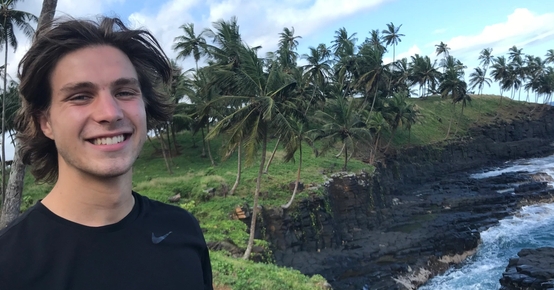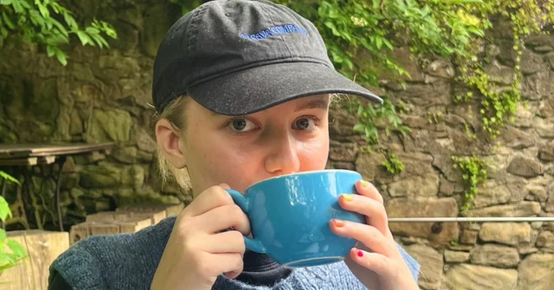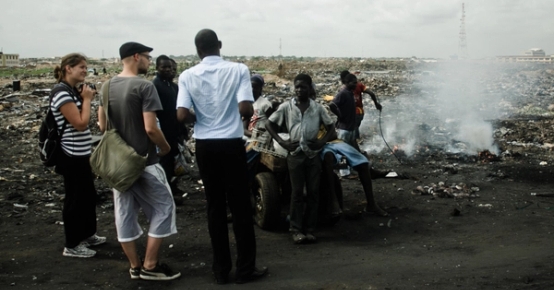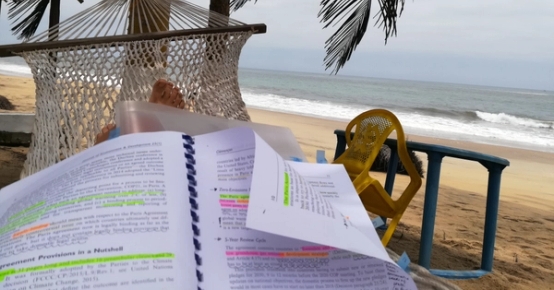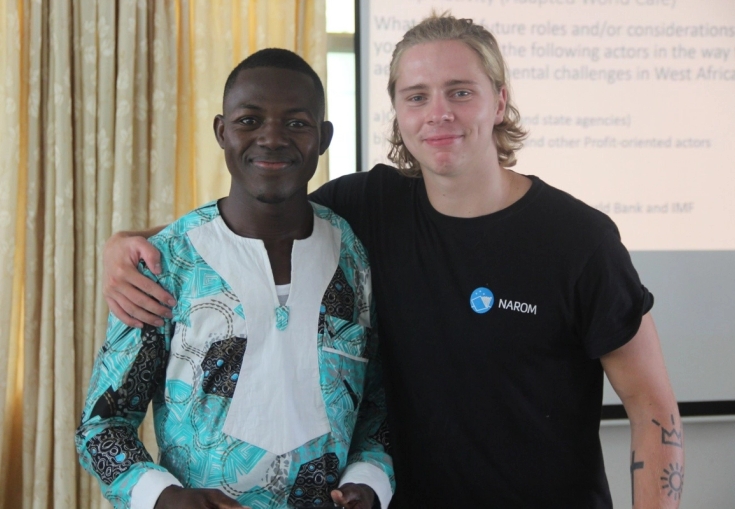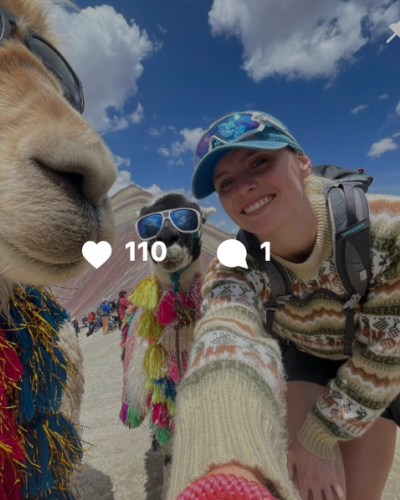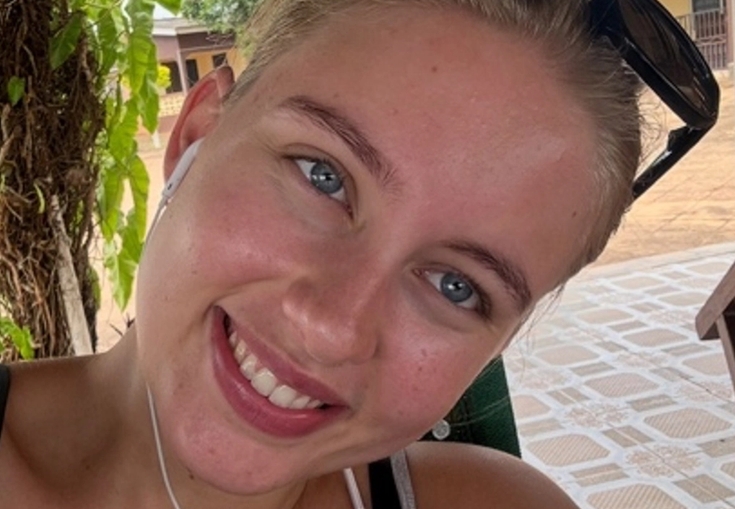
"We often came home from the market with many good ingredients, new experiences, and perhaps a marriage proposal"
Everyday life as a student in Ghana offered some challenges, many new friendships, and completely unique experiences for Emilie (20).

This text is translated using AI.
View the original article here.– What I liked most about everyday life in Cape Coast, was how close we got to the local community. Many of us students cooked a lot ourselves, and that also meant many trips to the Kotokraba market to shop.
Over time, it became a firm tradition. There's something quite special about walking around the market and buying fresh produce alongside the locals.
We were often stopped for a chat by strangers, or you met someone you had encountered elsewhere in the city. We frequently returned home from the trip with lots of good ingredients, new experiences, and perhaps a marriage proposal.

When you study development studies with Kulturstudier in Ghana, you will experience a quite different everyday student life than in Oslo, Stockholm, or Copenhagen.
You can participate in fun activities organized by our local staff that help you become more familiar with the culture, or explore the university town on your own. However, you should expect some challenges:
– Even though I mostly loved my everyday life in Ghana, despite the strong impressions and new experiences, there were some challenges.
The food was probably what I and many others struggled with the most. The first weeks in Cape Coast were filled with a lot of new and exciting food, but it quickly became a bit monotonous and the appetite wasn't always great.
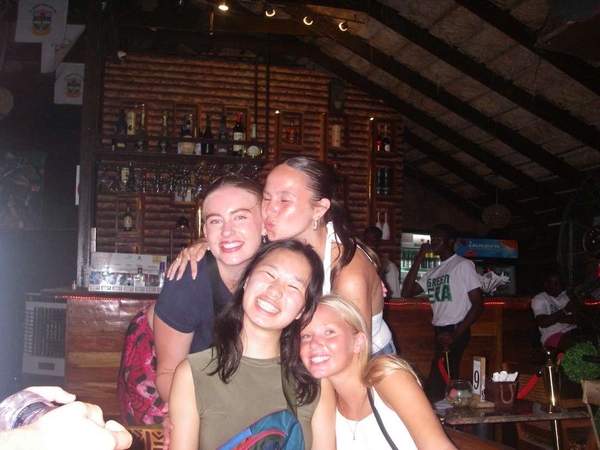
– I am a vegetarian, and eggs were often the only source of protein in all meals. There has been minimal egg consumption afterwards!
A good tip is to bring crispbread and tube cheese from home as a nice snack. I certainly appreciated that I prioritized it.
We also brought along Toro tomato soup, which was a good dinner alternative after a tiring day with many impressions.
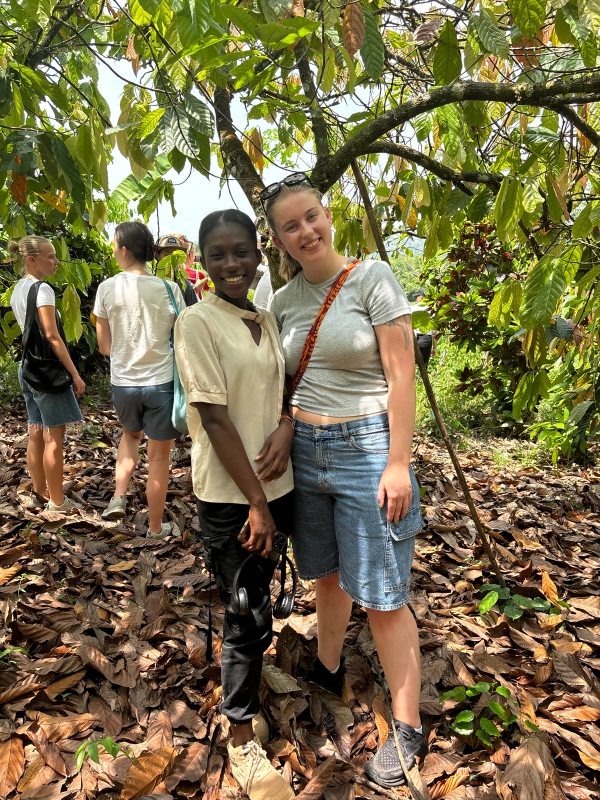
– We were a small group of students who got to join Afrimuda Acrobatics for dance practice weekly. Those sessions became very important to me.
This dancing was something completely different than many of us had done before, and it was a fun way to step out of our comfort zone. I can honestly admit that the level might not have been at its best, but the effort and joy definitely were!
Dance practices are often mentioned when several of us from the Kulturstudier group gather back home in Norway.
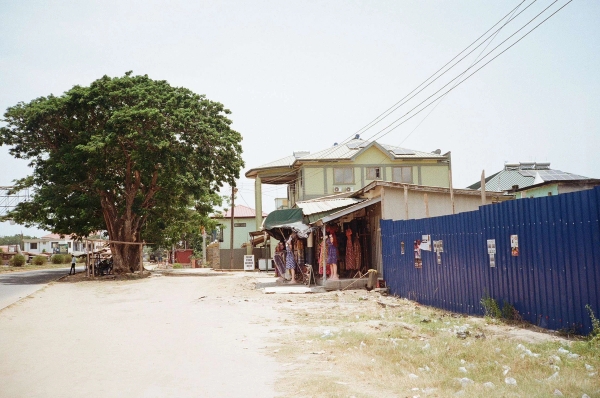
During the semester, students have the opportunity to become acquainted with local actors working on various current issues, such as environmental protection, poverty alleviation, or gender equality.
The theories from the syllabus are combined with excursions that provide you with practical insight into the subject matter:
– I had the opportunity to visit Global Mamas, an NGO (Non-Governmental Organization) with an office right in the middle of Cape Coast.
It was a very close and genuine experience, where we got to see how the organization works to create jobs and economic security for people in the local community.

– We were given a tour, had everything explained about how things work in the different stages, and even got to see the products they make and sell.
This visit made a great impression on me, as it put many of the topics from the curriculum into a completely new and concrete context, which made it easier to understand and articulate.
What I have appreciated the most about studying with Kulturstudier, both in Vietnam and Ghana – is how what one experiences around oneself is actually reflected in what one learns in lectures and seminars. It made the entire study much more vivid and meaningful for me.
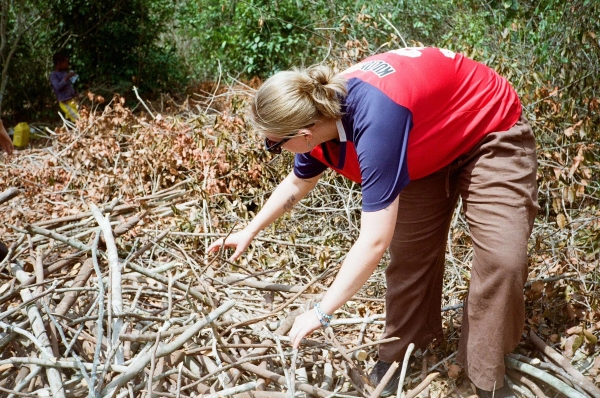
Most people who study in Ghana have previously completed Development Studies 1 in Vietnam with Kulturstudier. Here, students learn basic theory within the field and go on a short field trip.
In Development Studies 2, you delve deeper and get the opportunity to go on an extended fieldwork.
– I did my fieldwork in Biriwa, a fishing village located 30 minutes away from Cape Coast. My experience with the field was amazing, despite it sometimes being intense, and that I contracted typhoid fever.
After a visit to the local health clinic, a few days in bed, and a course of antibiotics, I was back on my feet again, looking back on it as yet another important experience that I carry with me.
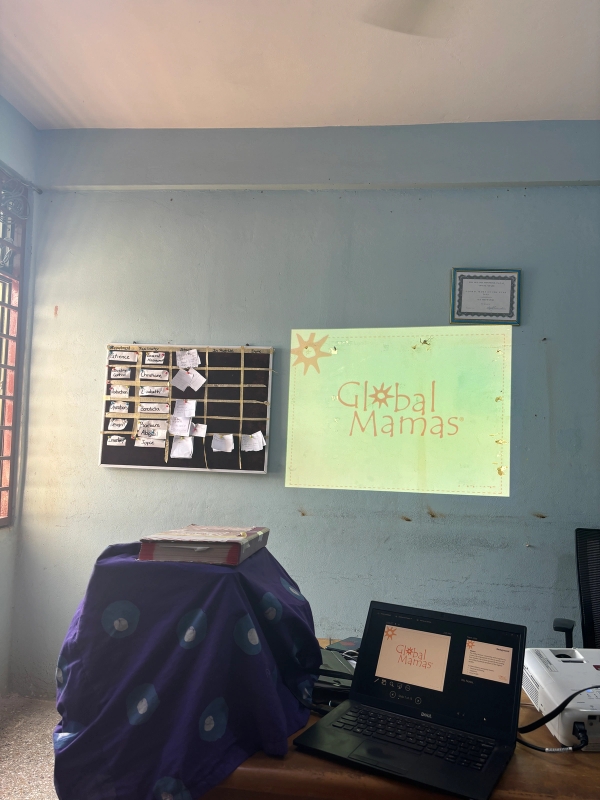
– My group had poverty and development as a theme, and we chose to focus on how the fishing industry creates jobs and livelihoods for both fishermen and those who sell the fish.
Through this, we gained close contact with the local people, who were very open and included us in the process of preparing the fish for sale, through smoking, frying, and fermenting, things I had never done before.
It was truly special to be allowed to be a part of what we investigated.
For instance, we had heard during the interviews with those who processed the fish that they often sustained hand injuries, which we ourselves experienced when we tried fermenting the fish. This was despite the fact that, unlike the locals, we used plastic bags for protection and received additional guidance.
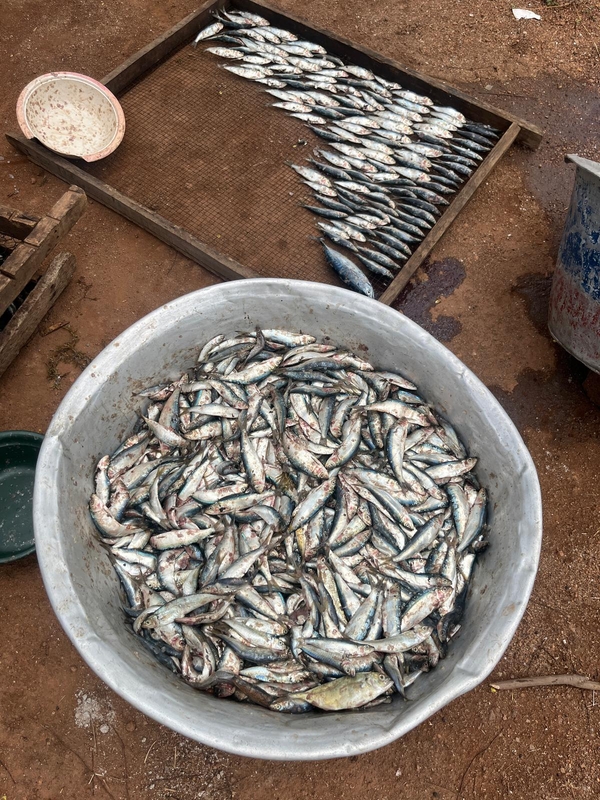
Fieldwork is an educational process where you get to explore social science methods in practice, but it's also an opportunity to make new acquaintances with people you would otherwise never have come into contact with:
– When we weren't collecting data for the field report we were supposed to write, much of the time was spent playing with the children in the neighboring house. We raced each other, danced together, and played various ball games.
After the fieldwork in Biriwa, I have not only gained an enormous amount of knowledge, but also acquired a large extended family whom I deeply miss and who will always have a special place in my heart.
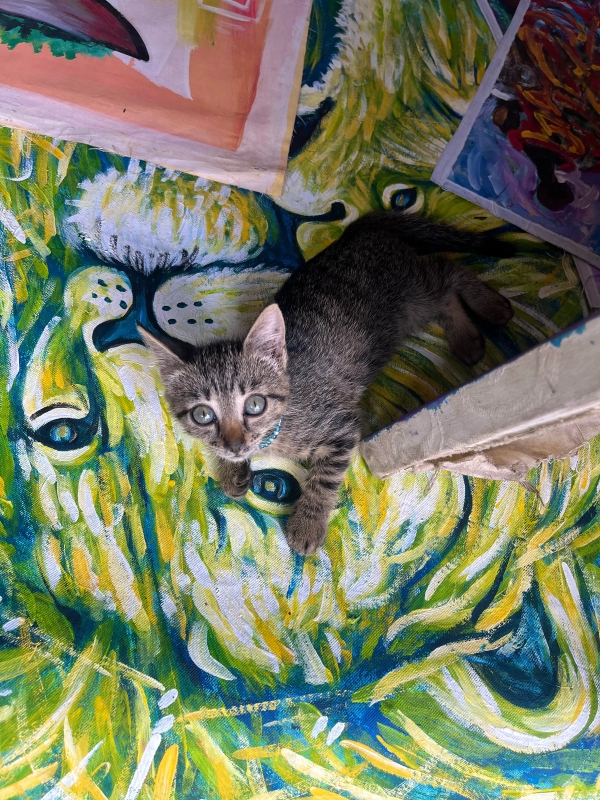
– I was positively surprised by the openness of the people. In Ghana, everyone is a friend.
I particularly remember from the fieldwork how powerful it felt to use our local names while we were in Biriwa. In Ghana, you are given a name based on the day of the week you were born. My name became Ama because I was born on a Saturday.
The likelihood of meeting someone with the same name is quite high since there are only seven days in a week.
It created a very special connection to those who had the same name as me or knew someone who did, and if I met someone with a daughter named Ama, I was also seen as their daughter!
Read more about Cape Coast
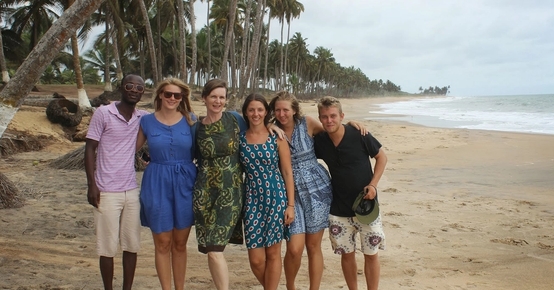
- Ghana
- Development Studies 2 in Ghana
- Inspiration
